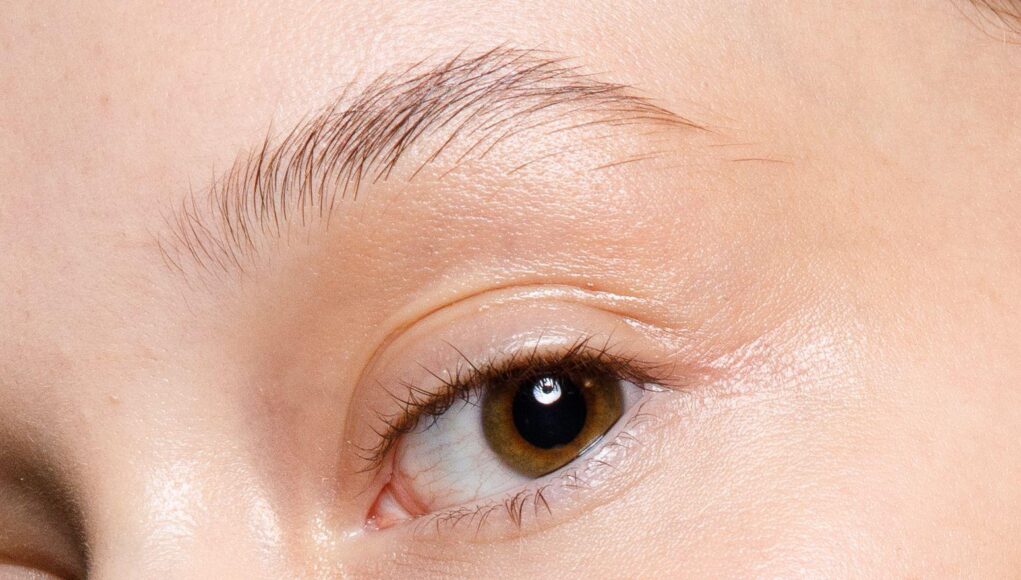Along with becoming poreless, acne-free, and impeccably chiseled, one of my forever skincare goals is to have enviably glowy skin. I’m not talking about highlighters or skin-smoothing foundations, either (though they are great hacks for the impatient); I want that natural lit-from-within, reflective, looks-great-without-makeup sheen. My lack of a glow is especially apparent during the colder months, where my already vitamin D-deficient skin turns sallow, dry, and spotty.
It turns out, getting the glow I desire isn’t that hard. Here to give us all the tips and tricks we could ever need, board-certified dermatologist Dr. Karan Lal breaks down how to achieve glowy skin in three easy steps.
“Skin may appear dull due to dehydration, photo-damage, and increased skin laxity–all of which can lead to poor light reflectance,” says Dr. Lal. “Making sure you are hydrating enough is important, because we lose water throughout the day. Good skin turgor (tightness) begins with hydration.” Along with drinking plenty of fluids during the day, using a great moisturizer is also important. “Find moisturizers with agents such as hyaluronic acid or polyglutamic acid, which help retain water and make your skin dewy.”
It’s important to remove dead skin cells that may be contributing to that feeling of dullness, says Dr. Lal. “Make sure you use a retinol or retinoid every day to promote skin turnover, stimulate collagen, and thicken your skin.” If your skin is too sensitive for retinol, gentle acids are a great alternative to chemically exfoliate without stressing out your skin or causing damage. For skincare connoisseurs, “There are many in-office procedures that can [also] make your skin glow,” says Dr. Lal. Chemical peels, intense pulsed light (IPL) treatments, or microneedling are all treatments you can speak to your local dermatologist about.
“The skin is an overall marker of our health,” says Dr. Lal. Protecting it from photodamage caused by the sun is a great preventative measure to make sure your skin stays healthy and glowing. A great SPF is also essential when you’re using chemical exfoliants. “Use sunscreen to prevent the development of patchy sun-induced hyperpigmentation,” says Dr. Lal. “The earlier you start using sunscreen, the better.”








